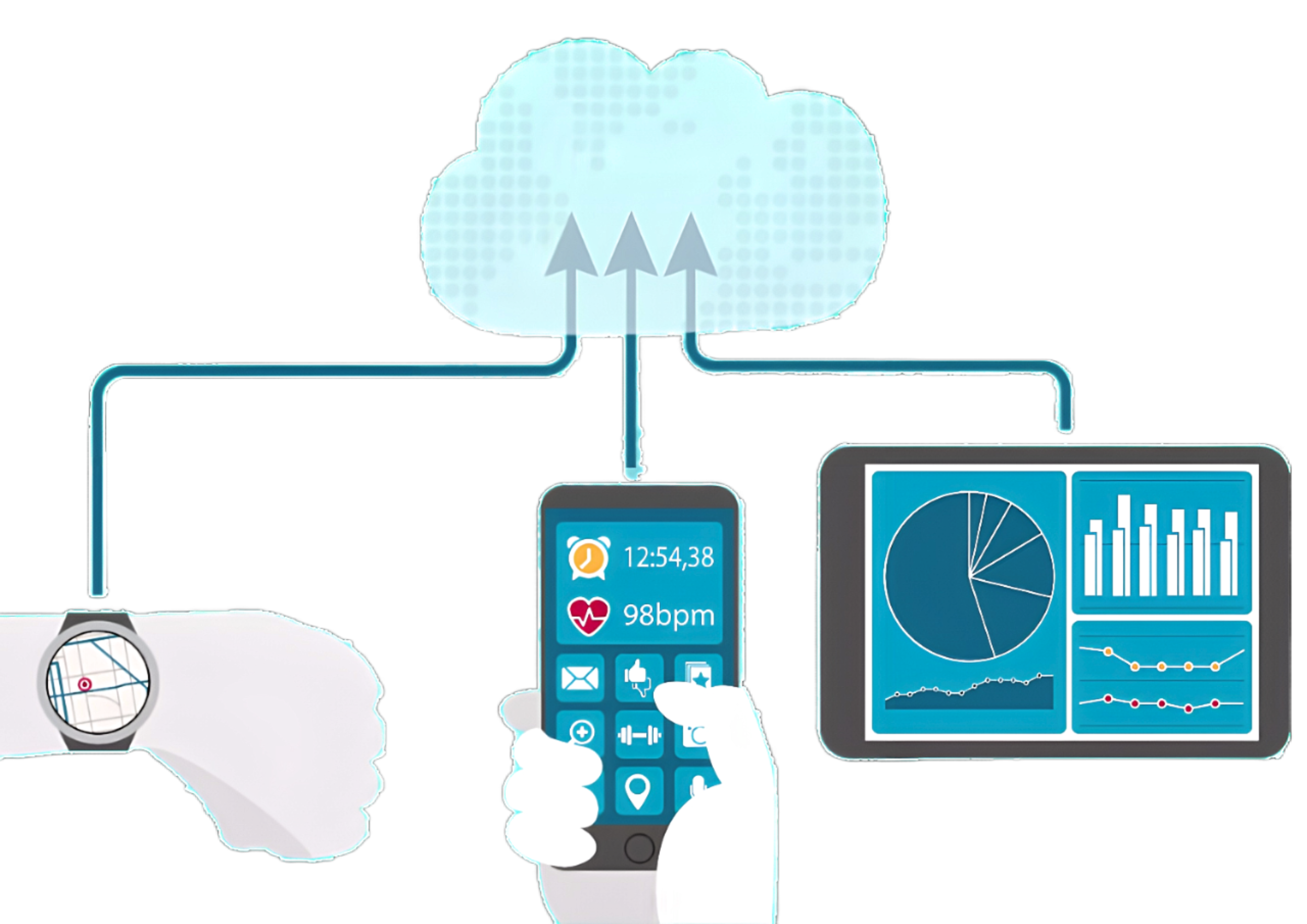A great deal has been written about readiness for artificial intelligence (AI). In Factors influencing readiness for artificial intelligence: a systematic literature review, the authors examined 52 papers to study AI readiness factors.
Read MoreWith the release of ChatGPT, I thought I might finally have an answer to one of the few remaining unanswered questions in economics: is there such a thing as a free lunch? After fasting through midday, I was left wondering what ChatGPT might otherwise be good for, more particularly, what meaningful data could it provide as input to my AI algorithms. Social media can be thought of as “Confirmation Bias as a Service.” It is architected to understand what confirms my beliefs and it provides that to me. It generally makes me feel good as a person, but my AI algorithms are less moved. ChatGPT is more like “Group Think as a Service.”
Read MoreSince its launch in 2020, Generative Pre-trained Transformer 3 (GPT-3) has been the talk of the town. The powerful large language model (LLM) trained on 45 TB of text data has been used to develop new tools across the spectrum — from getting code suggestions and building websites to performing meaning-driven searches. The best part? You just have to enter commands in plain language.
Read MoreAI in healthcare now involves the use of machine learning algorithms and patient data fed in timely ways to these algorithms. IoT is making its way into hospital devices and equipment and is sending this data to computing facilities for AI to work its valuable guidance on it. This consistent data flow streamlines the patient experience by producing inferences from multiple data points, which help to guide and improve healthcare management capabilities with information and data while handling patients, equipment, and procedures.
Read MoreAs the newest branch of the United States armed forces, the United States Space Force is at the innovative edge of applying technology and know-how to newly evolving areas of opportunity and threats. As such, it should come as little surprise that advanced uses of data and artificial intelligence are powering many of the innovative applications.
Read MoreOrganizations of all sizes are embracing AI as a transformative technology to power their digital transformation journeys. Still the challenges around operationalizing AI at scale can still seem insurmountable, with a large number of projects failing.
Read MoreIn my role as an investor, I’ve been hearing a lot of chatter lately about datacenter-as-a-service (DCaaS), the notion that datacenters should move towards a cloud-native architecture delivered as a service and that enterprises should no longer need their own IT ops teams. DCaaS promises to separate a company not only from its physical infrastructure but from the notion of physical infrastructure itself. It’s an appealing idea. Two decades ago..
Read MoreAccurate, complete, and timely data has always been required for success with digital programs. This is even more the case when it comes to large, enterprise-wide digital transformations. Yet, a recent New Vantage survey reported that..
Read MoreToday the emphasis on AI is nearly all about machine learning and a form of machine learning called deep learning. These are data heavy (Data, Events, Voice & Image) approaches that deliver some very nice benefits, but are we getting hooked on data? We see folks everywhere creating data lakes about to be data oceans that we are going to boil later. Meanwhile we have to pay homage to expensive Data Czars and Data Scientists because we want to keep more data for the future and somehow AI will make sense of it later. I’m not so sure this is a strategy that will lead us to be competitive with others in the world.
Read MoreDecentralization and its impact on organizations as well as business transactions came through loud and clear throughout the conference. Examples of pragmatic applications with disintermediated interactions spanned healthcare, financial services, sports, education, government, non-profit, beauty, industrial applications and many more. A number of presenters emphasized the new era of decentralization with an ideology that empowers communities vs. centralized greedy brokers.
Read MoreThe impact on Organizational Culture is one of the most fascinating realities of the digital era. Digital technologies, including Blockchain, are just enablers of cultural trends that are transforming all demographics at an accelerated rate. Culture is always more important and impactful than pure digital technologies, as impressive as the latter are. The potential cultural impacts on individuals as well as organizations are tremendous. In order to succeed and innovate with digitization, transformation best practices should challenge long established cultural norms.
Read More











